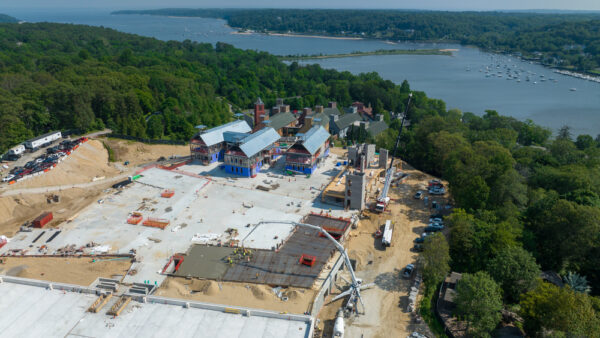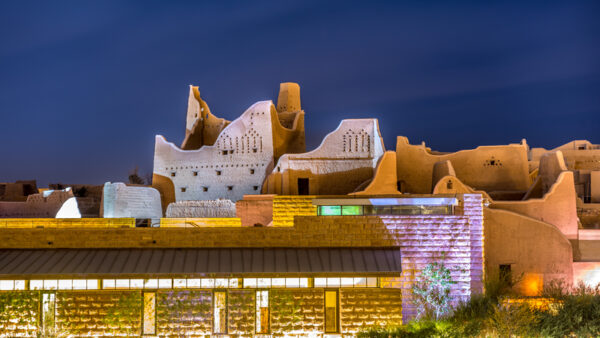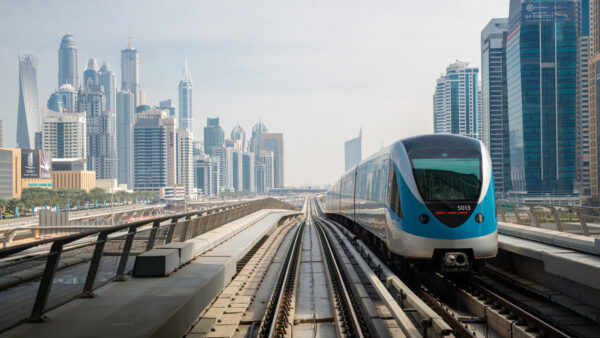
Chinese firm Shengli Oilfield Keer Engineering (Sokec) has signed a memorandum of understanding with South Sudan’s state-owned Nile Petroleum Corporation (Nilepet) to finance and build an oil refinery and storage facility.
Sokec is privately owned and based in Hong Kong, said a report by Chinese state-run news agency Xinhua.
Sokec president Wu Song signed the agreement in principle with Nilepet managing director Muhammad Lino Benjamin.
Wu said Sokec would immediately begin its planned investment in Africa’s youngest country.
“We will start our preparation work as soon as possible on the refinery and storage facilities,” he said.
The signing took place after executives from the Chinese company had visited oil fields in Tharjiath, Unity State, to inspect the facilities and assess the current state of the refinery operations.
No information was given about the investment value of the refinery, or its capacity. However, Kuol Deng Maleith, Nilepet’s director general of Midstream operations, said the project would be a step toward modernising and expanding South Sudan’s oil industry.
South Sudan seceded from The Republic of the Sudan in 2011 after a 22-year-long civil war. It has an estimated 3.5 billion barrels of oil, the third-largest in sub-Saharan Africa.
The country produced around 149,000 barrels of oil per day in 2023, but has yet to arrive at a suitable solution for refining and transporting this oil to world markets.
A number of pipeline schemes have been mooted, and a number of ambitious infrastructure schemes have been proposed, of which the most eye-catching is “Lapsset”. This stands for the “Lamu–South Sudan–Ethiopia Transport Corridor Project”, which is expected to break ground next year (see further reading).
- Subscribe here to get stories about construction around the world in your inbox three times a week.
Further reading:






